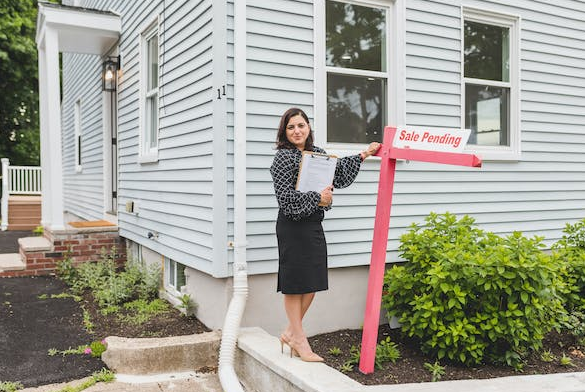In the ever-evolving world of real estate, a crucial figure stands out – the real estate broker. These professionals play a significant role in facilitating transactions between buyers and sellers, providing valuable expertise and guidance throughout the process.
What is a Real Estate Broker?
A real estate broker is a licensed professional who acts as an intermediary between buyers and sellers of properties. Unlike real estate agents, brokers have undergone additional training and passed a higher level of licensing exams. They have an in-depth understanding of the market, possess negotiation skills, and are equipped to handle legal and financial aspects of real estate transactions.
The Duties of a Real Estate Broker
Market Knowledge and Analysis: A real estate broker keeps a close eye on market trends, property values, and neighborhood dynamics. They can provide clients with valuable insights and help them make informed decisions about buying or selling properties.
Property Listing and Advertising: Brokers assist sellers by listing properties on multiple platforms, including online portals, social media, and their professional networks. They create engaging descriptions and visually appealing presentations to attract potential buyers.
Buyer Representation: Brokers work closely with buyers, understanding their preferences and requirements. They research available properties, schedule viewings, and accompany clients during visits. Their knowledge of the market helps buyers find suitable properties efficiently.
Negotiation: Brokers excel in negotiation techniques, advocating for their client’s best interests. They aim to secure favorable deals for both buyers and sellers, ensuring a smooth transaction process.
Transaction Management: Brokers manage the paperwork involved in real estate transactions, such as contracts, disclosures, and financing documents. They ensure that all legal and financial aspects are handled accurately and in a timely manner.
Networking and Connections: Real estate brokers have extensive networks within the industry, including connections with other brokers, agents, lenders, and legal professionals. These networks provide access to off-market opportunities and facilitate faster transactions.
Benefits of Working with a Real Estate Broker
Expertise and Guidance: Brokers bring a wealth of knowledge and experience to the table. Their expertise in the market, understanding of legal procedures, and negotiation skills help clients navigate the complexities of buying or selling real estate.
Time and Effort Savings: Engaging a real estate broker saves clients valuable time and effort. Brokers handle property research, showings, negotiations, and paperwork, allowing clients to focus on other aspects of their lives.
Access to a Wide Range of Properties: Brokers have access to multiple listing services and exclusive off-market properties. They can provide clients with a broader range of options, increasing the likelihood of finding the perfect property or buyer.
Market Insights and Pricing Expertise: Brokers possess in-depth knowledge of the local market and can accurately evaluate property values. They help clients set realistic prices, ensuring a competitive position in the market.

Conclusion
Real estate brokers play a vital role in the modern market, bridging the gap between buyers and sellers. Their extensive knowledge, negotiation skills, and network connections provide invaluable support throughout the buying or selling process. By collaborating with a real estate broker, individuals can navigate the complexities of the market, save time and effort, and achieve their real estate goals with confidence.








